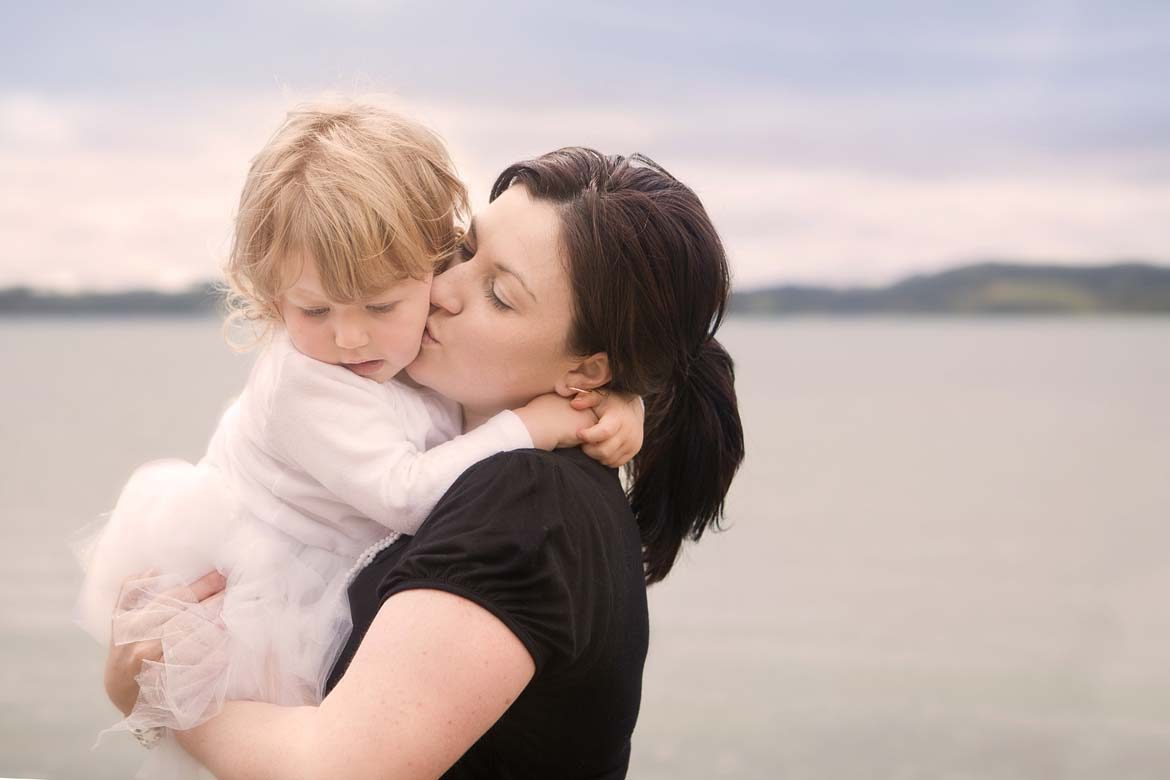By Meghan Leahy
Q: My almost-4-year-old is sweet and sensitive (and crazy, of course, as they all are). She plays well with others, as long as they want to or are also playing. How do I help her deal with kids who aren’t playing well back? I intervene if there are safety issues, but what about subtler things? A kid blocking the steps on the playground, for example, or general not-knowing-how-to-share issues? Today I had to steer her, crying, into her preschool room because her friend was refusing to say hello and she didn’t want to go in until she had greeted her friend. I know little kids will be little kids, and I want to help her have the tools to deal with them without hovering behind her. But I also don’t want to leave her adrift; she’s still very young. What’s the right amount of help?
A: What a thoughtful question. Thank you for sending it in.
Our culture appears to be of two minds on how much to protect a child from the emotional bumps of life. On one hand, more experts are saying that children are not being raised with enough grit and resiliency. Our children are too “special snowflake” for the rough world, and the emotional wounding often proves too much for even college-age sons and daughters.
[I taught those special snowflake millennials, and I have something to say]
Yet even as the books are written, our culture continues to go out of its way to make sure no feeling is left behind. We still have trophies and medals for participating. Children still get stickers and stars for showing up. And parents are still calling teachers, college professors and employers on behalf of their children. We want our children to have grit; we just don’t want them to suffer to earn it.
So what is the deal? We can’t hang our preschoolers out to dry, hoping that they will adapt to their hardships. All but the most emotionally dead adults know that young children cannot protect themselves from the pain of life because they are too immature. Their prefrontal cortices are not developed enough to help them, and logic has not taken a strong hold. Preschoolers are emotional creatures, and our job as parents is to protect them from too much pain. We must make their lives relaxing and safe. We don’t need to make life hard for preschoolers to adapt and change.
But.
Life is hard anyway, right? Even if you move your daughter away from physical danger, there are still the friends who don’t say hello and the teachers who don’t understand and the plans that fall through. Life, every single day, offers preschoolers ample frustrations, and we simply cannot (and should not) control for all of these challenges. We need to make room for all of the emotions that come from the big and small futilities of life. The way to help your daughter through the hardships of not being wanted, of not being chosen, of not being accepted is to allow her to cry. To have her sadness about what is not working. This is the adaptive process of humans. We will change what we can, and we will have our sadness about what we cannot.
I know you are asking about “the right amount of help,” and the answers are “it depends” and “trust your gut.” There is no theorem for the right amount of help. If your child has just been through a trauma, you go out of your way to remove as many challenges as you can, knowing that your child cannot shoulder any more emotional upset. If everything is copacetic in your child’s life, you may allow more challenges to reach her because she can handle them. She feels safe to cry with you and will move through them. And I say “trust your gut” because this takes practice. There will be times you protect when you needn’t, and there will be times you should have stepped in. Parenting is a dance.
The overall message is: Allow your child to cry about what doesn’t work in her life. You don’t have to engage in a full-blown therapy session – just make room for her sadness. How?
- Don’t cheerlead her out of it. “It’s going to be fine! Don’t worry!”
- Don’t turn to logic. “But I told you the zoo was closed today. Why are you crying?”
- Don’t fix. “I am going to go to your friend right now, bring her back and have her say hello to you.”
- Don’t shame. “You are 4. You know better than to be sad about this.”
- Don’t threaten. “I will give you something to cry about if you need to cry.”
- Don’t minimize. “Honey, this is nothing. This is not a big deal. Let’s move on.”
- Don’t ignore her.
The opposite of the above list is to simply listen and reflect. “You’re sad Erin didn’t say hi. I get it.” An encouraging back rub, a hug, loving eye contact and an empathic voice are all most 4-year-olds need to be sad and move on from life’s small setbacks. No lectures or drawn-out scripts needed. Just good old-fashioned kindness.
Dance around with this. There are times to protect and times to allow the adaptation. Trust yourself and keep learning.
Originally published here.
Meghan is the mother of three daughters. She holds a bachelor’s degree in English and secondary education, a master’s degree in school counseling and is a certified parent coach.Send questions about parenting to meghan@mlparentcoach.com.











